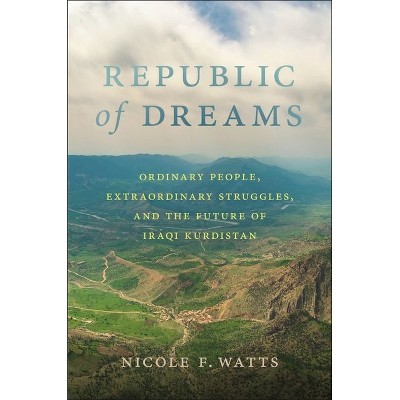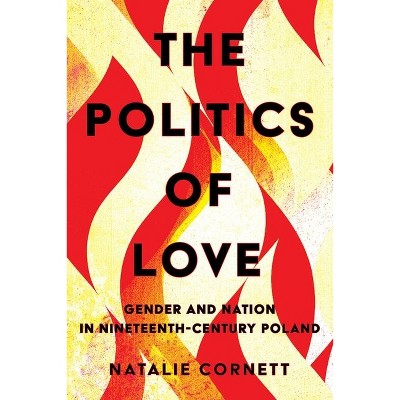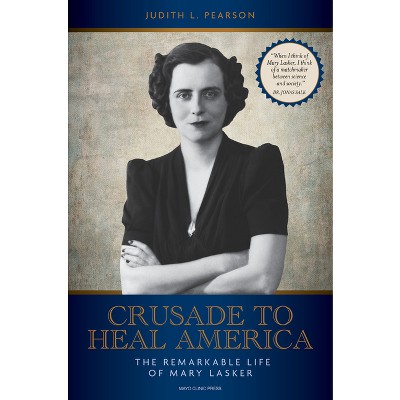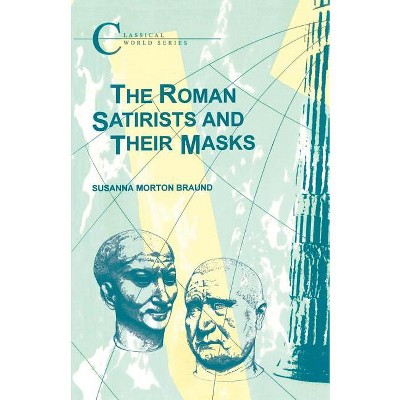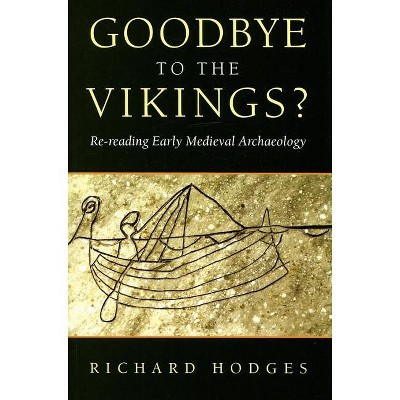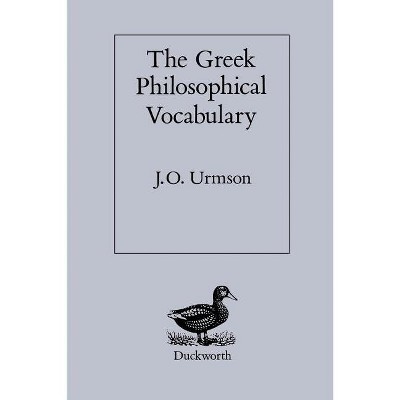Sponsored

Widows and Patriarchy - by Thomas a J McGinn (Hardcover)
In Stock
Sponsored
About this item
Highlights
- In "Widows and Patriarchy" Thomas McGinn begins with the view that ancient society was structured by a 'spectrum of statuses' and applies this insight to the position of women, primarily that of widows, in three historical periods: Greek and Roman antiquity, late medieval and early modern Europe, and the late nineteenth and early twentieth century West.
- About the Author: Thomas A.J. McGinn is Professor of Classical Studies, Religion, and Women's Studies at Vanderbilt University.
- 224 Pages
- Social Science, Women's Studies
Description
About the Book
Begins with the view that ancient society was structured by a 'spectrum of statuses' and applies this insight to the position of women, primarily that of widows, in three historical periods. This book analyses the evidence to assess the value of this generalization and, to evaluate the position of widows in the societies under examination.
Book Synopsis
In "Widows and Patriarchy" Thomas McGinn begins with the view that ancient society was structured by a 'spectrum of statuses' and applies this insight to the position of women, primarily that of widows, in three historical periods: Greek and Roman antiquity, late medieval and early modern Europe, and the late nineteenth and early twentieth century West. In all these cultures widows comprise a problematic category of adult women who are notionally independent of males. Their status and role become a focus for concern about gender relations, and a particular source of anxiety because they are sexually experienced.This book examines the rights at private law, especially those regarding property and succession, economic privilege and its absence, freedom of movement in general, including the question of bodily integrity and fear of physical interference, and, finally, the entitlement to decide whether to remarry and to whom. Since antiquity, widows (along with orphans) have been a byword for the weak and oppressed. This book analyses the surviving evidence to assess the value of this generalization and, more broadly, to evaluate the position of widows in the societies under examination.Review Quotes
In Widows and Patriarchy, McGinn offers a compact, but rigorous exploration of the status and roles of widows in several patriarchal societies. He acknowledges that patriarchy has varied from one society to another and that it has not been equally advantageous to all men, nor equally disadvantageous to all women in a society. He maintains, nonetheless, that one element common to most patriarchal societies has been the belief that widows constitute a category problematic for men. Because marriage in which the wife is dependent on her husband has traditionally been considered the most appropriate situation for adult women, widows have frequently been the focus of male anxiety. McGinn s comparative approach provides a valuable tool, enabling readers to understand how precarious the lives of most widows were. Readers will also appreciate McGinn s extensive bibliography on issues of gender hierarchy and social status from the ancient to the modern world.
About the Author
Thomas A.J. McGinn is Professor of Classical Studies, Religion, and Women's Studies at Vanderbilt University. He is currently Professor-in-Charge of the Classical School of the American Academy in Rome. He is the author of Prostitution, Sexuality, and the Law in Ancient Rome (1998), The Economy of Prostitution in the Roman World: A Study of Social History and the Brothel (2004), and co-author (with Bruce Frier) of A Casebook on Roman Family Law (2003).
